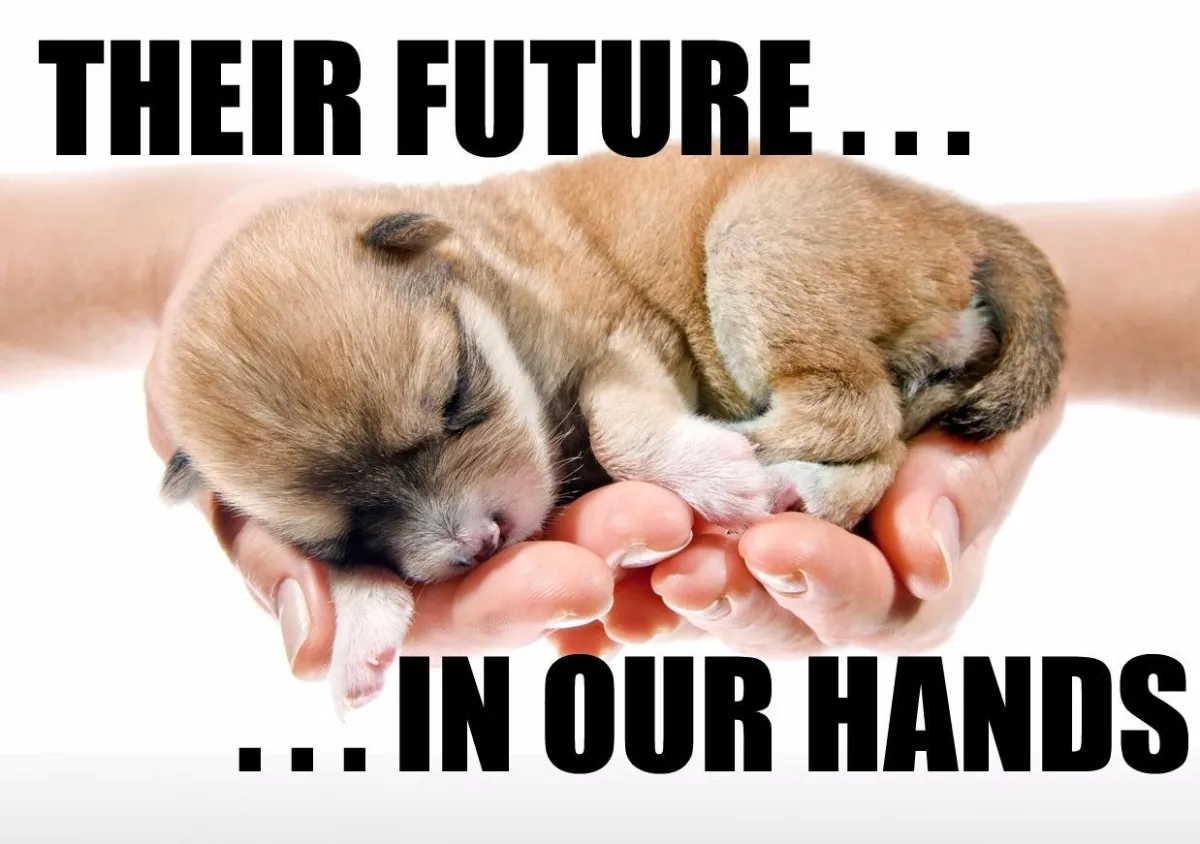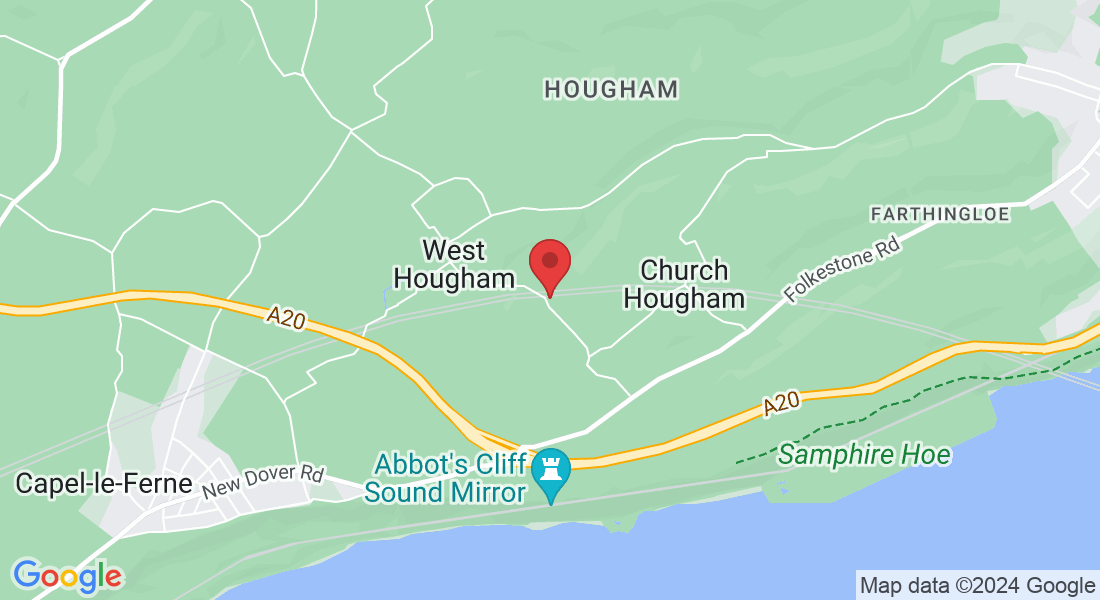The Campaign to Stop Puppy Farms
The welfare issues faced by dogs in commercial breeding establishments is immense.
Yet if existing animal welfare legislation was properly used by the licensing authorities these establishments would not be able to exist.
The key issue is that local authorities have control of dog breeding in their areas. They have the power to grant or refuse dog breeding licences and to set out conditions attached to licences. The dogs which are kept as ‘breeding stock’ by the puppy farm are living out their lives in unsuitable conditions, producing litter after litter, year on year, often succumb to diseases and conditions which cause immense suffering all due to their basic needs not being met.
The five freedoms under the Animal Welfare Act 2006
1. The need for a suitable environment
2. The need for a suitable diet
3. The need to be able to exhibit normal behaviour patterns
4. The need to be housed with, or apart, from other animals
5. The need to be protected from pain, suffering, injury and disease.
At least three of these are not able to be met in these commercial breeding establishments. The suitable environment for a pet dog is a domestic home, the dogs being bred are for the pet market, these are not working dogs, they are pets and therefore should be housed in their suitable environment.
These dogs cannot exhibit natural behaviour because they are not being kept as pets, they being kept as livestock.
As the dogs are not being kept in a suitable environment and are unable to exhibit normal behaviour, these dogs suffer on a daily basis and are highly susceptible to disease and injury.
The story so far...
In March 2016 Chancepixies filed for Judicial Review against North Kesteven District Council for continuing to license 'Little Rascals' puppy farm, who were clearly in breech of the Animal Welfare Act.
We were the first charity to test the Animal Welfare Act in this way.
Our hope was to set a precedence to councils across England and Wales, and raise the profile of poorly issued licenses. Both of the licenses issued to Little Rascals in 2016 (one in January and a further one in June) were found to be unlawful by Mr Justice Edis of The Royal Courts of Justice. Both licences were therefore quashed on 18th October 2016.
Sadly, a new license was issued to 'Little Rascals' by North Kesteven District Council and we followed this up with a second Judicial Review filed in December 2016.
In May 2017, we had permission for our second Judicial Review granted. The hearing took place at The Royal Courts of Justice on 5th and 6th July that year, the judgement for the case was deferred.
Devastatingly, on 26th July 2017, Judge Mr Justice Garnham ruled against Chancepixies, leaving dogs held in puppy farms unprotected by the Animal Welfare Act 2006.
On 16th August 2017, the time for us to appeal the ruling ran out as we were unable to raise required funds to continue.
We know that in 2019, the RSPCA raided 'Little Rascals' and many dogs were removed, the outcome of their court case remains unknown to us (correct as of July 2024).
Having invested so much of their own money into this campaign, David and Heidi had to sell a portion of the Chancepixies site, including the kennels in order for both them, and the charity, to survive. Payments plans were agreed for all the legal fees and the last payment to North Kesteven District Council is due in August 2024.
Chancepixies continues to rent back one kennel block in order to house the remaining long-term sanctuary dogs (William and Bono - aka Bill and Bonny) until they pass away.
With all past fees settled, Chancepixies are determined to set the record straight, and relaunch the campaign. Learning from our past experience we can move forward stronger and with more purpose in order to stop puppy farms in England and Wales.
"I haven't failed, I've just found 10,000 ways that won't work. - Thomas A Edison"
We haven't failed, we've just found a way that didn't work, and it has shown us another route...
Where the judge was able to rule against us was that, in England, the Animal Welfare Act 2006 (AWA) and the Breeding of Dogs Act 1973 (1991) are not legally linked. The AWA, although a primary piece of legislation, was merely there as guidance on best practise. These premises were licensed under the Breeding of Dogs Act and only had to abide by the most basic requirements (which clearly both we and the RSPCA are of the opinion that even these were not met).
However, these two pieces of legislation are legally linked in Wales where puppy farms are rife, so this where we will be taking our next action.
We also know from our attempt in England, that we need the support and finances to carry this through to appeal if we have to, so this is where our efforts are currently focussed, and where YOU can really help make a difference.





